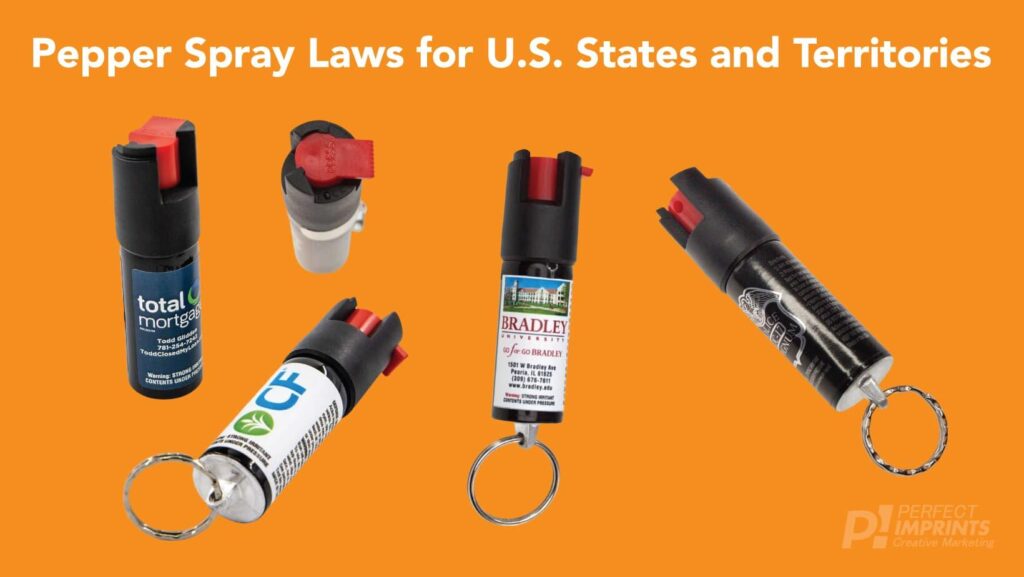Table of Contents
- Legal Framework Governing Pepper Spray Use in Sports Venues
- Safety Concerns and Risks Associated with Pepper Spray in Crowded Arenas
- Best Practices for Security Personnel Handling Pepper Spray Incidents
- Policy Recommendations for Enhancing Safety while Respecting Fan Experience
- The Conclusion
Legal Framework Governing Pepper Spray Use in Sports Venues
Regulatory oversight concerning the deployment of pepper spray within sports venues is both stringent and nuanced, reflecting a balance between public safety and crowd control. Various jurisdictions impose explicit restrictions on possession and use, often designating sports arenas and stadiums as restricted zones where pepper spray is prohibited unless authorized by law enforcement personnel. This legal stance is grounded in the potential for misuse and the heightened risk of mass panic or injury in densely populated environments. Consequently, individuals, including security staff and spectators, must comply with these regulations to avoid legal penalties and contribute to a safer event experience.
Several key legal principles govern enforcement strategies, notably:
- Licensing requirements: Only certified personnel may carry and employ pepper spray within the premises.
- Use-of-force justification: Deployment is typically sanctioned solely as a last resort in situations where there is an imminent threat to safety.
- Prohibition of civilian possession: Attendees are generally banned from bringing pepper spray to events, with thorough security screenings enforcing this ban.
- Accountability measures: Detailed reporting and review protocols following any use of pepper spray to ensure compliance with legal standards.
Safety Concerns and Risks Associated with Pepper Spray in Crowded Arenas
The use of pepper spray in densely packed arenas poses significant safety challenges that extend beyond its intended purpose of crowd control. When discharged in an environment where fans are tightly seated or standing shoulder to shoulder, the aerosol can quickly affect unintended individuals, leading to widespread respiratory distress, eye irritation, and panic-induced stampedes. The confined atmosphere and limited ventilation add to the risk, amplifying the harmful effects on the health and well-being of spectators, many of whom may have pre-existing conditions such as asthma or allergies. This unpredictability raises considerable concerns for event organizers, making the presence of pepper spray more problematic than protective.
Additionally, the chaos triggered by the sudden release of pepper spray can exacerbate emergency situations. Key risks include:
- Mass panic and crowd surges that may result in trampling or crush injuries.
- Impairment of security and medical personnel who must intervene amidst the affected crowd.
- Difficulty in distinguishing actual threats from false alarms caused by accidental or malicious deployment.
- Compromised evacuation procedures, delaying timely assistance during emergencies.
Best Practices for Security Personnel Handling Pepper Spray Incidents
Security personnel working in environments like sports arenas and stadiums must approach pepper spray incidents with a clear focus on safety, legality, and de-escalation. First and foremost, officers should be thoroughly trained on the proper use and limitations of pepper spray, understanding both the legal restrictions and the potential health impacts on affected individuals. This includes assessing when pepper spray deployment is justified, ensuring that it remains a last-resort tool only used in situations where there is imminent threat or violent behavior-never as a means for crowd control or routine conflict management.
Proper incident management protocols are essential for minimizing harm during and after the use of pepper spray. Security teams should maintain clear communication, both internally and with emergency medical personnel, to provide swift aid to exposed individuals. Key practices include:
- Ensuring rapid evacuation or isolation of sprayed areas to prevent further exposure
- Equipping staff with necessary protective gear to avoid cross-contamination
- Documenting incidents accurately, including the context, deployment method, and response actions
- Engaging in continuous training to stay updated with evolving safety protocols and legal compliance
Policy Recommendations for Enhancing Safety while Respecting Fan Experience
To strike a balance between maintaining security and preserving the immersive atmosphere that fans cherish, policies must prioritize clear guidelines on the authorized use of pepper spray within sports venues. Training for security personnel should emphasize de-escalation techniques that reduce reliance on chemical deterrents except in scenarios of imminent physical threat. Furthermore, stadium operators can implement designated zones where limited use of such deterrents is permitted, keeping fan areas safeguarded from accidental exposure. This approach ensures that safety protocols do not inadvertently compromise the enjoyment or health of attendees.
In addition to procedural safeguards, fostering transparent communication with the fanbase creates a collaborative environment where safety measures are respected and better understood. Policies might include:
- Pre-event announcements outlining security measures and the conditions warranting pepper spray use.
- Clear signage throughout the stadium to inform fans about security protocols.
- Feedback channels enabling attendees to voice concerns or report incidents, promoting accountability.
By blending strict operational standards with ongoing fan engagement, venues can enhance overall safety while upholding the vibrant, energetic experience intrinsic to live sporting events.
The Conclusion
In summary, the restrictions on pepper spray use in sports arenas and stadiums reflect a careful balance between ensuring public safety and maintaining an enjoyable environment for fans. While the intent behind limiting such devices is to prevent misuse and enhance security, it also underscores the importance of alternative measures to manage crowd behavior effectively. As stadium policies continue to evolve, staying informed about these regulations can help attendees navigate their game-day experience with confidence and peace of mind. Ultimately, thoughtful enforcement paired with proactive safety strategies will remain key to keeping sports venues secure for everyone.Check Our Other Blogs
- StunGun – Your Trusted Source for Stun Guns, Laws, and Self-Defense Tips
- PepperSprayLaws – Your Trusted Resource for Pepper Spray Information
- StunGunLaws – Your Trusted Guide to Stun Gun Legality and Safety




